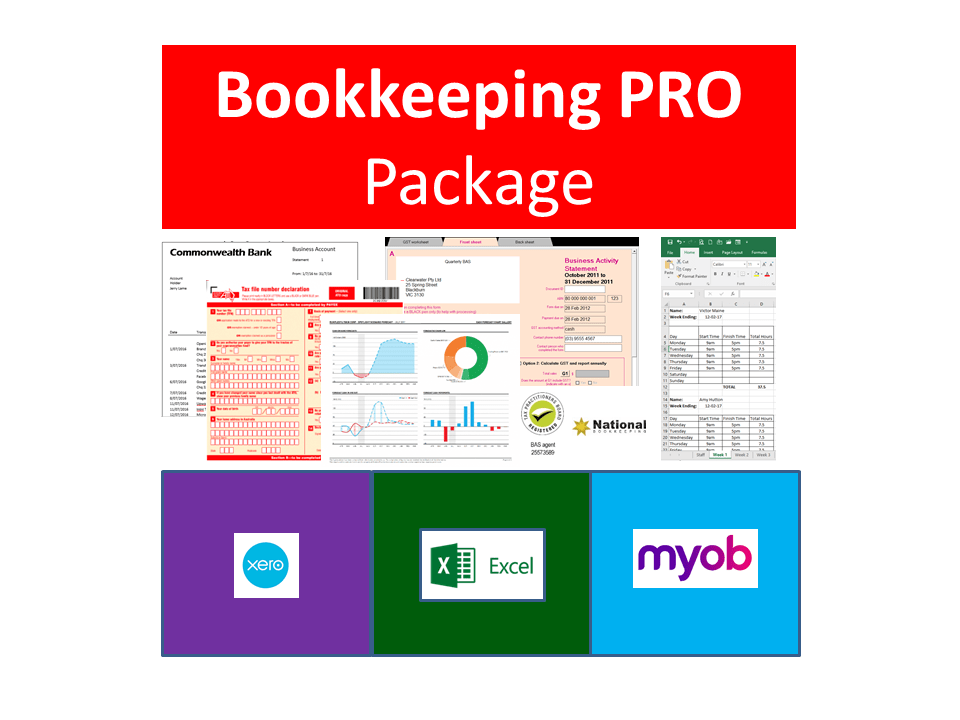 We’ve published a series of blogs about franchises lately, and for those would-be entrepreneurs who are interested in running and managing a home-based contracting business of their own, and being their own boss, we have a number of opportunities available. These opportunities are to do with buying into a licensed business and this differs markedly from a franchise. Let us explain.
We’ve published a series of blogs about franchises lately, and for those would-be entrepreneurs who are interested in running and managing a home-based contracting business of their own, and being their own boss, we have a number of opportunities available. These opportunities are to do with buying into a licensed business and this differs markedly from a franchise. Let us explain.
Alternative Business Structures
Both franchising and licensing are different ways of structuring a business, which we cover in some detail in our Small Business Management course, and though the two are often conflated because they both deal in the selling of intellectual property by third parties, there are some very distinct differences.
Like a franchise, licensing is the distribution of goods and services by a third party (a licensee). But unlike a franchise, the licensee does not retain rights to use the company’s trademark, nor do they usually receive exclusive territorial rights.
Example: Disney
A good example of a licensing is when Disney licenses one of its assets – the character of Donald Duck – to another company – Mattel, for example – who produce Donald Duck action figures and consumer toys. The license to use this asset belongs to Disney, who receives a portion of the revenue generated from the sales of Mattel’s toys, as well as a licensing fee.
No Rights over Trademark or Asset Use
Importantly, licensing does not give the licensee exclusive rights over the use of a trademark or asset. For instance, when many TV shows in the 80’s and 90’s first secured the rights to use particular pieces of music in their soundtracks, they usually didn’t secure the rights for distribution methods other than TV, so when those TV shows were later released on DVD and VHS, or made available to stream on Netflix or download off iTunes, the producers had to seek additional licenses or replace the music entirely.
But this allows the licensee to also sell the similar products or services of a competitor, as is the case with many IT resellers, who licence both Apple and IBM products, as well as many different software packages from competing software companies.
Using the Company Trademark and Brand
In a franchise, this isn’t the case. A franchisee has the right to use the company’s trademark or brand in all aspects of the business, and cannot sell similar products or services. This means that a VIP Home Services franchisee has the right to use the company’s logo on company vehicles, uniforms, stationary and the like, rather than just a single license to use the logo on their van only.
Furthermore, when you buy a franchise you’re also buying into a business with an established operation and marketing plan, controlled by the franchisor or corporate head office. This means that there’s a systematized way of operating the business, which the franchisee must adhere to (how tightly this is controlled, is up to the franchisor or head office); and an established marketing plan, which, again, is controlled by the franchisor or at a corporate level.
Franchise Marketing Plans
Though an operational plan isn’t a requirement under the Franchise Code of Conduct, a marketing plan is, along with the following three additional elements:
1.The existence of an agreement: this can be verbal or written or even implied, but there must be an agreement between the franchisor and franchisee.
2. The use of trademark: If the business is substantially or materially associated with a trademark, the franchisee must have the right to use this.
3. Payment of a fee: This can include royalty fees, advertising or marketing fees, as well as commissions, license fees, payment for goods, training or equipment. Additional payments may also situations where the franchisor receives a percentage of the revenue.
4. Marketing plan: As discussed above, though the code doesn’t define what should be included in a marketing plan, its existence is essential to ensure the brand is marketed efficiently and consistently across the group.
Without these four elements, plus any other provisions the franchisor deems necessary to ensure the franchise is represented and operated efficiently, a franchise may not be compliant under the Franchise Code of Conduct.
***
In fact, if these are not in place, you may well be purchasing a license. So it’s always wise to ask for a copy of the franchise agreement before you make any decisions – and of course, consult with a lawyer who specialises in franchise law.
If you would like to learn more about business structures, marketing and business plans, and generally equip yourself with the knowledge you need to operate a small business for you or somebody else, then our Small Business Management Course may be the perfect educational course for you to embark upon next.






